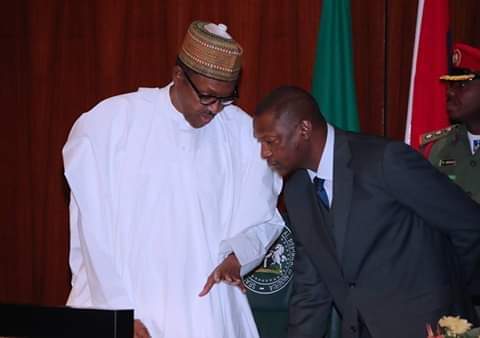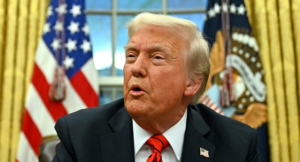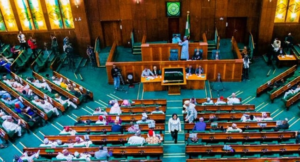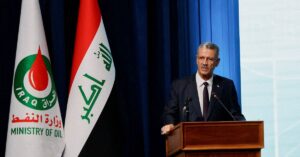President Muhammadu Buhari has directed the Attorney General of the Federation and Minister of Justice, Mr Abubakar Malami, to take all necessary steps towards ensuring Zainab Aliyu, the Nigerian student accused of drug trafficking in Saudi returns to the country.
Zainab is currently under detention in Saudi Arabia. President Buhari’s order became necessary when reports from investigations revealed that Zainab was innocent. The hard drug is said to have been allegedly ‘planted’ in her luggage by a syndicate group in the airport who specialise in planting hard drugs in travelers’ luggage.
Media aide to Hon Abike Dabiri-Erewa, the Special Assistant to the President on Diaspora Affairs, Abdur-Rahman Balogun, in a statement yesterday said the President ordered the AGF to ensure Zainab is released and that she returns safely to Nigeria.
The statement assured that progress was being made in Zainab’s case along with that of two others in similar circumstances in Saudi Arabia. “Zainab, though detained, has not been put on trial by the Saudi Arabian government,” the statement said, adding, “And with the hard evidence that those who implicated her have been arrested, a strong legal case is being made to the Saudi authorities.”
Mr Habib Aliyu, the father of the alleged drug courier, Zainab, had appealed to the federal government, the Saudi authorities and the international community as well as well-meaning individuals to intervene in his daughter’s case and save the ‘innocent’ lady from being executed wrongly.
Zainab, a student of Maitama Sule University, Kano, had travelled from Mallam Aminu Kano International Airport (MAKIA) in company with her mother, Mrs. Maryam Aliyu, and sister, Hajara Aliyu. She was later arrested over allegations that a luggage, bearing her name tag, contained the unlawful substance. She was accused of entering Saudi Arabia with an illegal dosage of Tramadol but it was later discovered that she was a victim of a cartel that specialize in planting hard drugs in travelers’ bags, some of whom are already in the custody of the National Drug Law Enforcement Agency (NDLEA).









